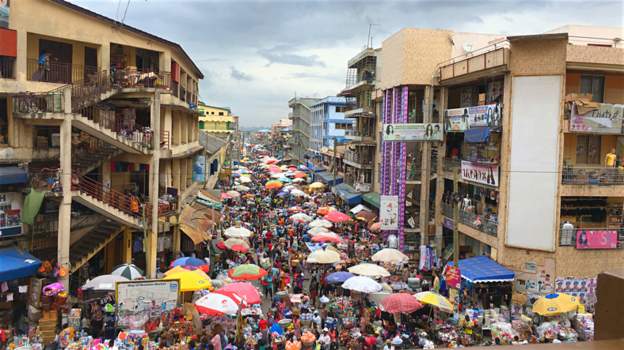Shop owners in Ghana have threatened to lock their doors on Monday to protest the depreciation of the cedi, the country’s currency. Traders are finding it difficult to stay in business at 10 cedis to the US dollar, as the cost of importing and clearing goods continues to grow.
Prices for most basic goods and services in Ghana have more than doubled in the previous several months, but incomes have remained stable.
“We are protesting against the administration to express how much we are suffering… The goal is not to penalize the general public “Increasing interest rates and multiple taxes borne by traders, according to Joseph Obeng, head of the Ghana Union of Traders Associations.
In sympathy with the planned protest, the Ghana Institute of Freight Forwarders, an umbrella organization for clearing agents, has announced that it will also close its doors on Monday.
What you should know
Ghana currently has the highest inflation rate in 20 years, at more than 31%. The administration has blamed the Covid-19 outbreak and the ongoing Russia-Ukraine conflict.
However, there had previously been concerns over the country’s public debt, which today stands at $45.5 billion (£38.3 billion) – more than 77% of the country’s GDP (GDP). Ghana’s annual inflation rate rose to 31.7% in July 2022, up from 29.8% in June, for the 14th consecutive month.

